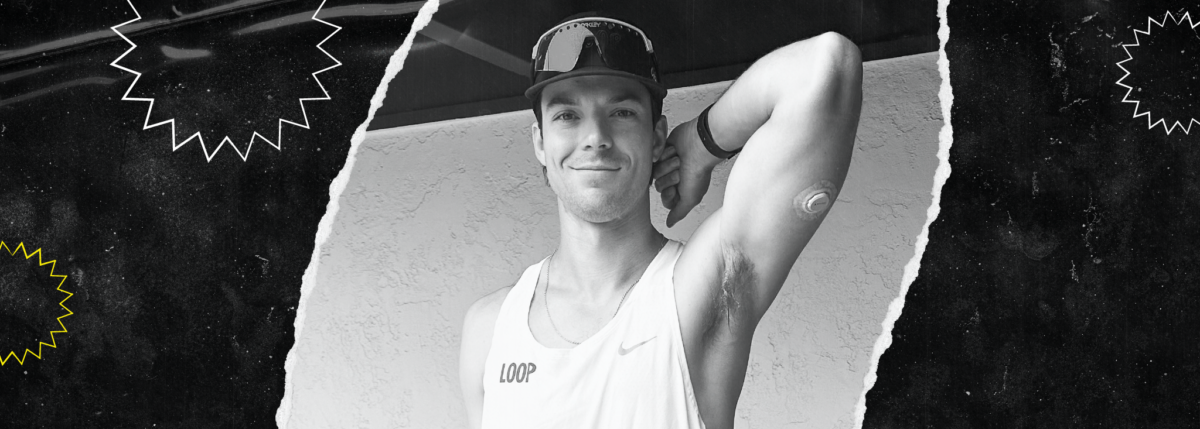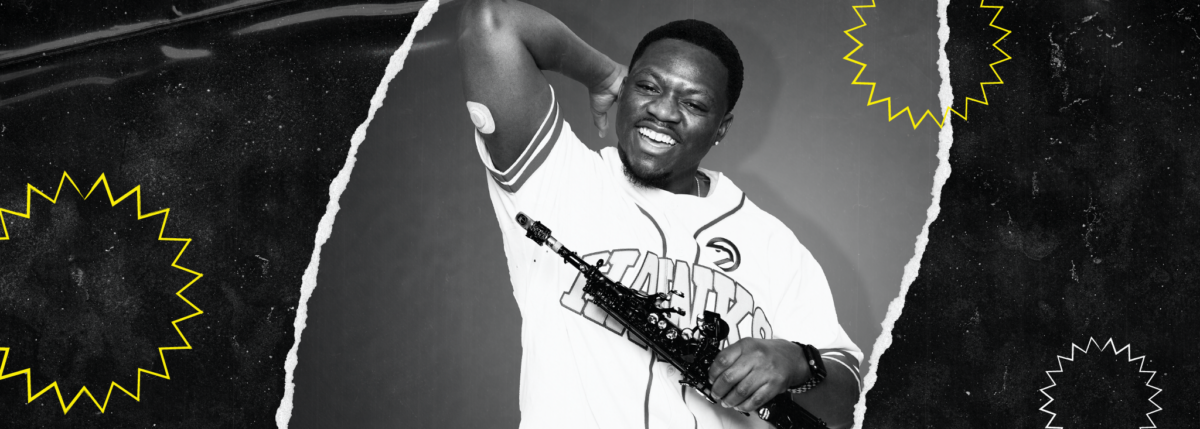10 Reasons I’m Grateful for Type 1
Written by: Forester McClatchey
3 minute read
November 22, 2016
Cuando éramos adolescentes y andaba gruñón, mi novia me decía que hiciera un pequeño ejercicio. Era así: enumeraba cinco cosas en voz alta por las que estaba agradecido, y (la idea era que) me empezaba iba a sentir mejor.
Editor’s note: This article was originally written in 2016. In 2020, we know the holidays are looking different. If you need help navigating the holidays right now with diabetes, visit CoronavirusDiabetes.org for some general guidelines. Know that we are grateful for you, our community, and we’re thinking of you.
When we were teenagers and I was being grumpy, my girlfriend would tell me to do a little exercise. It went like this: list five things aloud that I was grateful for, and (the idea was) I’d start to feel better.
Naturally, I thought it was stupid. I’d load my words with sarcasm and sling them back at her. Despite myself, though, I’d always start to smile on the fourth or fifth item of gratitude. There’s probably some psychological reason for this, but I don’t know it. I do know that no matter how obnoxious and schmaltzy it seemed when I started, the exercise always made me feel a little better.
It’s easy to approach one’s diabetes with cynicism and bitterness. There are certainly reasons to. But there are also plenty of things to be grateful for, things that might feel saccharine to bother remembering, but still need to be remembered.
We’re approaching Thanksgiving. The original exercise involved listing five things I was grateful for. Let’s double that.
- I could share the experience with my brothers.
Perhaps this is too personal, or something most people with diabetes won’t relate to. In any case: both of my brothers also have type 1 diabetes, and both were diagnosed before me. Now all three of us can all talk about it, complain about it and express hope. This camaraderie demands some measure of gratitude.
- I met friends I otherwise wouldn’t have been able to meet.
From the moment of diagnosis, diabetes puts you in contact with a matrix of unique communities. Diabetic summer camps, fundraisers for diabetes research and even Facebook groups: all of these provide people with diabetes with a dense and comforting support network. This too asks for gratitude.
- It precluded a complacent stance towards medicine.
It’s easy to take modern medicine for granted. Since we don’t have to worry about polio or smallpox anymore, we rarely think about them. People with diabetes, however, can’t afford to ignore the advances of medicine. Being a person with diabetes means that you have to attend to the ways in which machines keep you alive. Every time I refill a pump with insulin I think about it a little, and feel thankful.
- It allowed me to empathize with people who had other chronic diseases.
This is a strange one, but I think it’s valuable. Even if one were to make the argument that I can only really empathize with people who have other auto-immune diseases, that’s a long list of diseases. When I meet people with Crohn’s or celiac disease, we can talk about it, crack jokes, make it feel a little more normal.
- It reminded me of my own mortality.
This is also a strange one, and probably not something I’d recommend bringing up at Thanksgiving dinner. Still, I’m grateful for the way that diabetes regularly reminds me of my physical personhood. It’s hard to become too ambitious or arrogant when you’re so aware of your status as a damaged organism. Diabetes puts many things in their proper context, and reminds you to savor life’s particulars. Which brings me to my next point.
- It allowed me to carry candy with me everywhere.
No comment.
- It taught me about human anatomy.
Diabetes places a burden of knowledge on the shoulders of its sufferers. You have to possess a working knowledge of things like nutrition, A1C and the endocrine system in order to take good care of yourself. I’ve discovered a silver lining, though: learning about the body through diabetes augmented my overall knowledge of human anatomy. I enjoy drawing, painting and sculpture, and this knowledge has helped me become a better artist. Not that I usually paint pancreases. But you get the idea.
- It underlined my parents’ sacrifice.
I suspect many children forget or ignore everything their parents have done for them. And when those children remember, they don’t know how to articulate their gratitude, so they don’t. I suspect this is the case because it has been my experience. When I was diagnosed with type 1, though, I began to see my parents’ sacrifices through the lens of my disease. Diabetes and children both require near-constant attention. Taking care of both is amazing. This allowed me to see the depth of my parents’ solicitude and compassion towards my siblings and me.
- It forced me to grow up a little.
Growing up feels neither fun nor fair when you’re a teenager. Diabetes makes it so that you don’t really have a choice about growing up. Taking responsibility for one’s own treatment teaches good lessons about discipline, patience and self-reliance.
- Seriously, I could have candy with me at all times.
Can’t emphasize this enough.
Read What I Learned from a Summer at Diabetes Camp by Forester McClatchey.

Author
Forester McClatchey
Forester McClatchey is a writer from Atlanta, GA, and a recent graduate of the MFA Program at the University of Florida. You can find his poetry at http://www.forestermcclatchey.com/ and hear his music at https://qcurius.com.
Related Resources
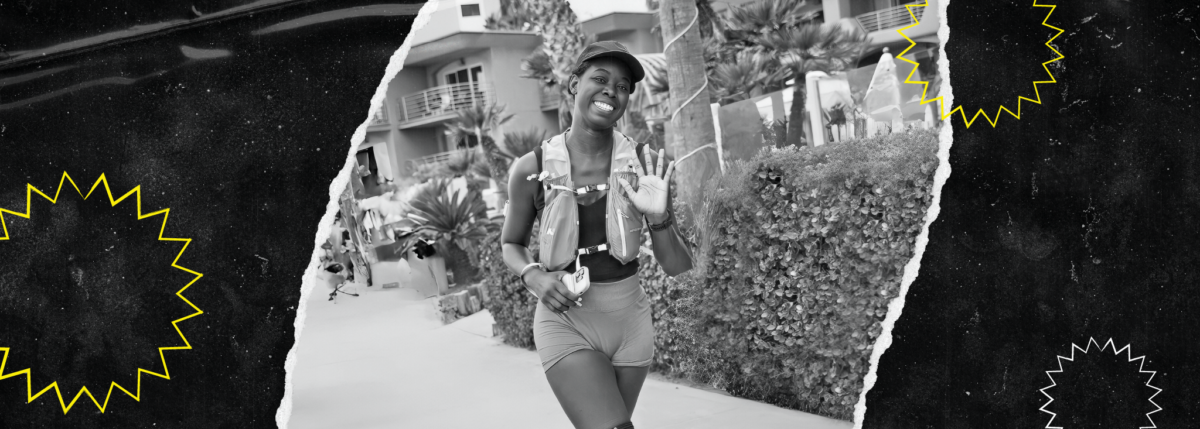
Danica Collins not only prepared for one of the most challenging physical events of her...
Read more
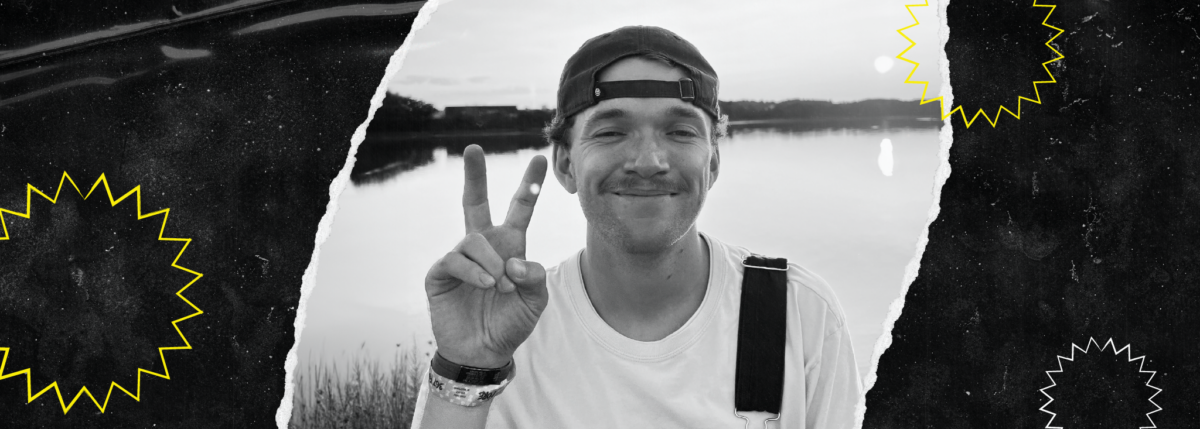
Beyond Type 1 is spotlighting inspiring athletes with type 1 diabetes as they prepare for...
Read more
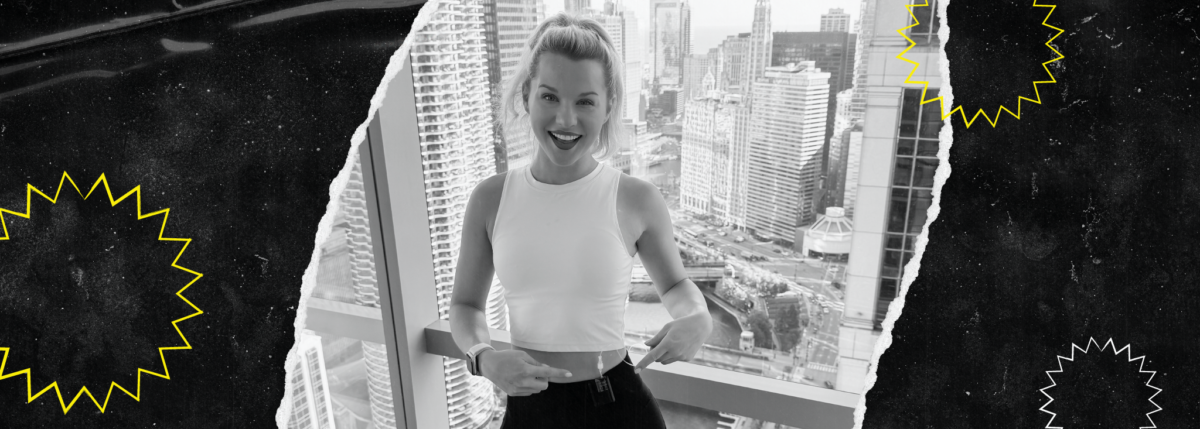
On November 3, 2024, Taylor Rindfleisch of Chicago laced up her running shoes for the...
Read more
